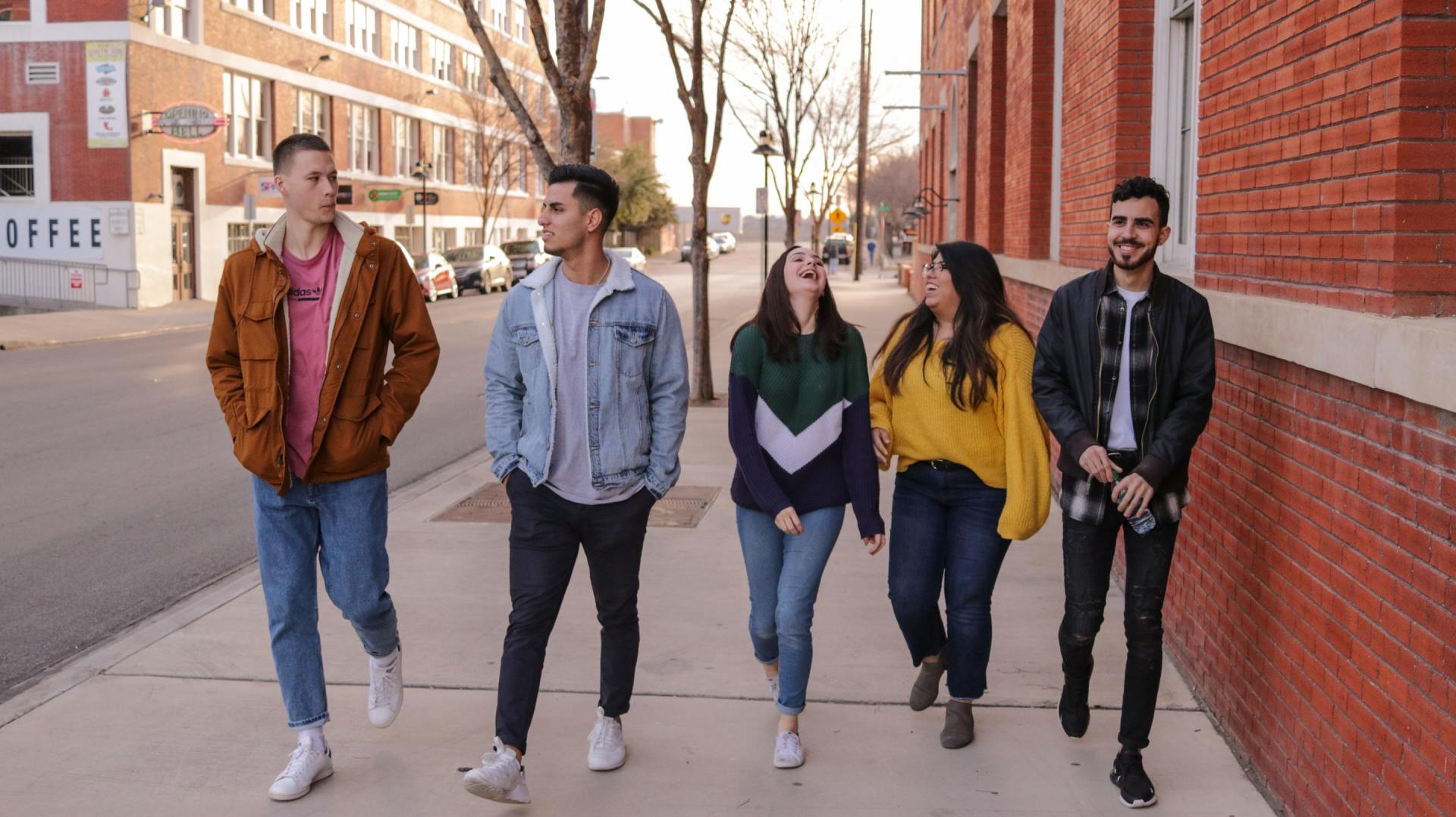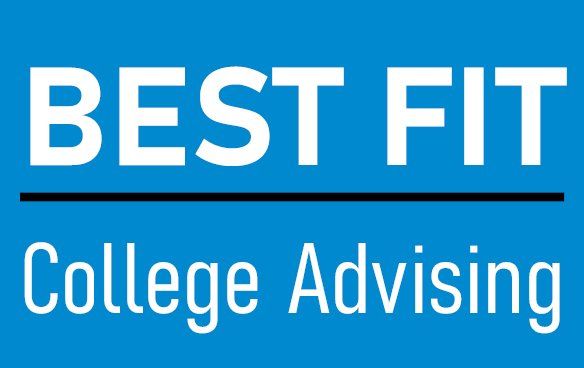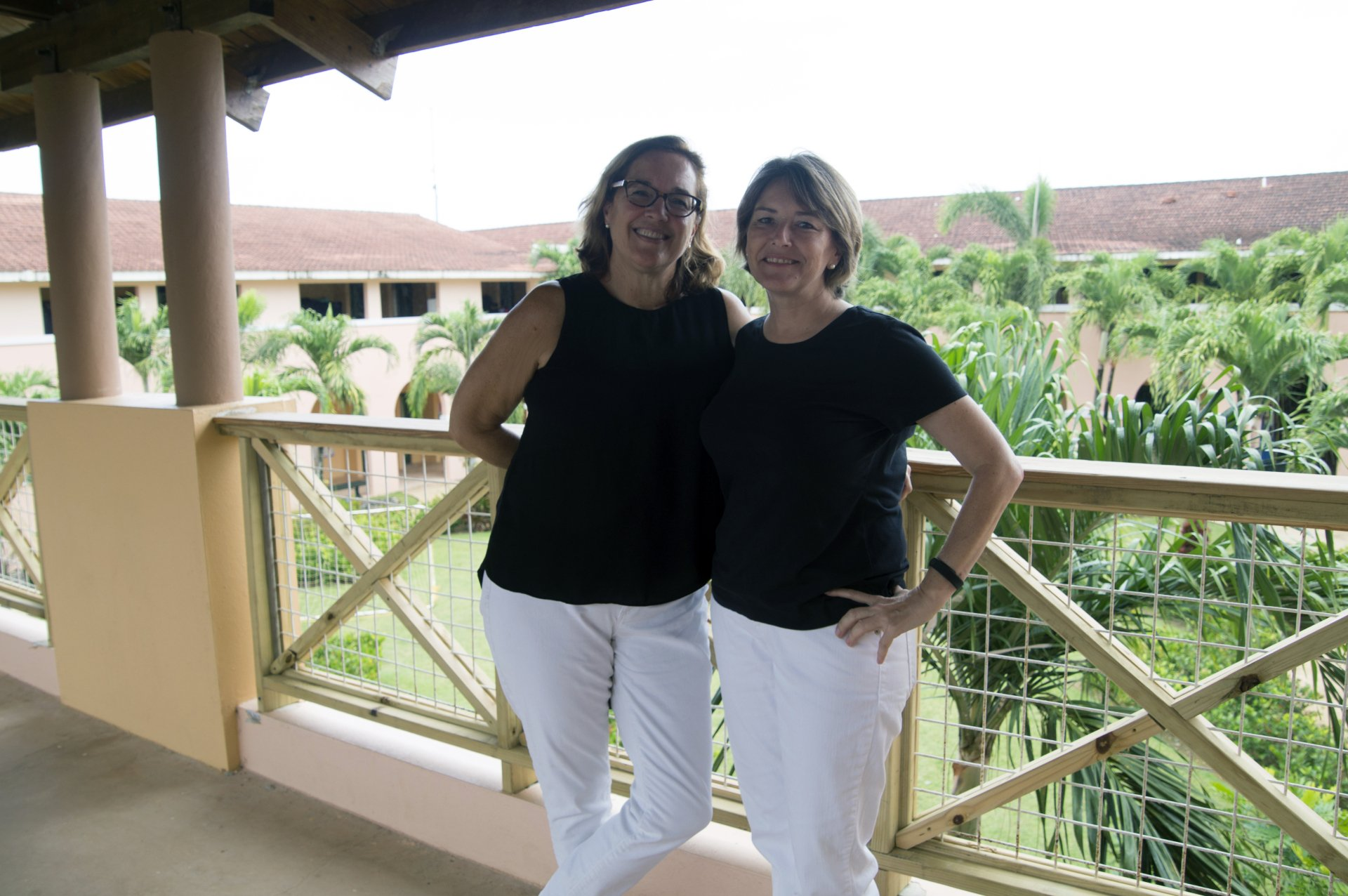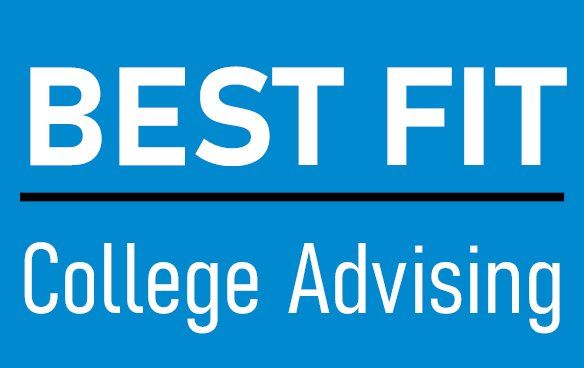Blog Layout
Many U.S. colleges and universities recommend and a few require an interview as part of the holistic application process. Depending on the school, the interview might take place online or in person, and it might be with a member of the admissions team or with an alumnus of the school. Finally, the interview may be informational--an opportunity for you to learn about the school that does not impact your application. On the other hand, it may be evaluative, meaning that the interviewer is gauging your interest level and other measures of your “fit” with the school. Find out on the school’s website which kind it offers. Either way, prepare for the interview but don’t despair if you say “um” more than you wanted to or forget one of your talking points. An interview alone is not likely to get you into college or keep you out—it’s just one more piece in the holistic puzzle.
The bulk of this year’s interviews are likely to be virtual, so I recommend that your first step be to figure where you have both the strongest signal and the best lighting. It’s hard to make a positive impression if your interviewer can’t see you or your feed keeps cutting out. If you need to, ask other household members if they would mind staying off the WiFi and keeping the background noise down to help with your interview.
It's not a bad idea to practice before the real deal so that you can gauge whether there’s back-lighting or if overhead lighting casts unflattering shadows and so you can get used to the system. You can also try out Zoom’s virtual backgrounds or your own (appropriate) photo. You might also discover, as I did, that with the virtual background an item like a high-backed chair or something you pick up to show to the camera disconcertingly appears and disappears from the camera’s view. Practicing before you meet a stranger will help to keep little issues like this from throwing you off your game.
You don’t know what the interviewer will ask, but be ready for a few basic questions. Rather than memorize some answers so that you sound scripted or don’t know what to say if you don’t get the “right” question, think about what you would like the college to know about you and be ready to have a conversation about that, however the question is asked.
For example, let’s say I was 17 again, interviewing for Smith College. I might want them to know that I’m not sure what I want to study but it will be in the humanities—possibly political science—and I might want to be a journalist, I love to read and travel, I attended two high schools in Kenya and one in Puerto Rico, and I’ve been a writer since I strung together letters demanding to know if they were words. I could weave those points into responses to these common interview questions:
• Tell me about your high school.
• What is your favorite subject?
• What do you want to study?
• Why do you want to study at X College?
• What do you do in your free time?
• What would you bring to X University?
• What are your greatest strengths?
• What is a challenge you have overcome?
The more specific you can be, especially in highlighting why you want to study at that school besides its prestige or rigor, the stronger a case you will make for yourself. If research the school before the interview and can highlight that you admire a particular professor’s research into a topic that interests you, or you mention that you have been reading Smith’s student-run newspaper, The Sophian, and ask if freshmen are eligible to write for it, you are showing that you have done your research and found at least one way you fit the college.
The most important thing to remember about an interview is that they want you to do well! It’s normal to be nervous, but it’s going to be okay. Colleges need students and the people who work there like students. Try to think of it as just another conversation with your college counselor, and you’ll do a great job.
The bulk of this year’s interviews are likely to be virtual, so I recommend that your first step be to figure where you have both the strongest signal and the best lighting. It’s hard to make a positive impression if your interviewer can’t see you or your feed keeps cutting out. If you need to, ask other household members if they would mind staying off the WiFi and keeping the background noise down to help with your interview.
It's not a bad idea to practice before the real deal so that you can gauge whether there’s back-lighting or if overhead lighting casts unflattering shadows and so you can get used to the system. You can also try out Zoom’s virtual backgrounds or your own (appropriate) photo. You might also discover, as I did, that with the virtual background an item like a high-backed chair or something you pick up to show to the camera disconcertingly appears and disappears from the camera’s view. Practicing before you meet a stranger will help to keep little issues like this from throwing you off your game.
You don’t know what the interviewer will ask, but be ready for a few basic questions. Rather than memorize some answers so that you sound scripted or don’t know what to say if you don’t get the “right” question, think about what you would like the college to know about you and be ready to have a conversation about that, however the question is asked.
For example, let’s say I was 17 again, interviewing for Smith College. I might want them to know that I’m not sure what I want to study but it will be in the humanities—possibly political science—and I might want to be a journalist, I love to read and travel, I attended two high schools in Kenya and one in Puerto Rico, and I’ve been a writer since I strung together letters demanding to know if they were words. I could weave those points into responses to these common interview questions:
• Tell me about yourself.
• How would you describe yourself?
• How do you stand out from the crowd?• Tell me about your high school.
• What is your favorite subject?
• What do you want to study?
• Why do you want to study at X College?
• What do you do in your free time?
• What would you bring to X University?
• What are your greatest strengths?
• What is a challenge you have overcome?
The more specific you can be, especially in highlighting why you want to study at that school besides its prestige or rigor, the stronger a case you will make for yourself. If research the school before the interview and can highlight that you admire a particular professor’s research into a topic that interests you, or you mention that you have been reading Smith’s student-run newspaper, The Sophian, and ask if freshmen are eligible to write for it, you are showing that you have done your research and found at least one way you fit the college.
The most important thing to remember about an interview is that they want you to do well! It’s normal to be nervous, but it’s going to be okay. Colleges need students and the people who work there like students. Try to think of it as just another conversation with your college counselor, and you’ll do a great job.
Other recent posts you might also like:

By Terry Chevako Bava
•
April 7, 2021
This year’s admissions responses from selective and highly selective colleges has left many talented seniors feeling like they’ve been beaten up and left in ditch. Students with stellar grades, astronomical SATs and a deep record of extracurricular activities and community service have not received the “yes” answers that they dreamed of or even half expected. The internet today, the day after so-called Ivy Day when Brown, Columbia, Cornell, Dartmouth, Harvard, Penn and Princeton release their regular decisions, has been awash with a plaintive refrain: “What do they want?” The short answer is that that is unknowable and ever-changing. The long answer is that data is out there for most schools on what GPA range or test scores their recent admits offered, but it is much harder to quantify the more important elements of a holistic admissions process. Colleges and universities have said for years that their holistic process takes into account more than just numbers. However, when most schools went test-optional in the pandemic environment, many students seemed to forget that test scores are just one data point. And without that data point, the factors of academic rigor, leadership, community involvement and recommendation letters gain importance. Nevertheless, thousands or tens of thousands more students applied to newly test-optional institutions. This put colleges into the enviable position of having the most diverse group of students in history to choose from, but the unenviable position of knowing less than normal about expected yield, or how many admitted students will accept the offer and enroll. This leads me to the dreaded waiting. In between acceptance and denial of admission comes the waitlist. A school essentially tells a waitlisted student that he or she is academically and otherwise qualified to attend the institution, but they don’t have space to give a solid “yes.” The student usually must decide to opt to be added to the waitlist. Then what happens? Most of the selective and highly selective schools do not weight or rank students on the waitlist. That is, when they go to their waitlist for five students, they don’t take them in order of the top five test scores or GPA. Instead, it becomes even more random than during the regular decision process. Admissions officials are looking to form a balanced class of mathematicians and historians, athletes and musicians, artists and engineers, entrepreneurs and humanitarians, legacies and first-generation college goers, and many have diversity of race, ethnicity, religion, socioeconomic status and geography as a goal. As the first-year class begins to take shape with students committing to a school, the officials look at the balance of these characteristics and any other institutional priorities represented. If the enrolled students are skewing heavily to the coasts, they might look to the waitlist for students from the Midwest. If they aren’t increasing diversity as much as they would like, they might look to the waitlist. If their tuba player or Pride Club president or lots of French majors graduated and they see few enrolling, the waitlist probably has the people they are looking for. What I’m saying is that the waitlist is even more subjective than the regular process and waitlists this year are longer than ever before. Some schools offered a waitlist spot to more students than are in their whole first-year class, so even though there will be more waitlist movement than normal this year, your chances are still very low. If you feel you must, take your waitlist spot and if they allow it, write a letter of continued interest. Then forget about that school, commit to a school that has admitted you and allow yourself to fall in love. Attend the accepted student events, Zoom with a current student and join social media groups for admitted students. If you give it a chance, you may discover that you have found your dream school instead of waiting in vain for Godot. Terry Chevako Bava is an independent college counselor who demystifies the college application process and advises students and families every step of the way, from the beginning of the college search through applying for financial aid and evaluating admission offers. Visit her website or book a free consultation today.

By Terry Chevako Bava
•
November 10, 2020
Spoiler Alert: If you haven’t watched Season 4, Episode 12 of The Good Place , stop now! As I suffered through the first unruly minutes of the first presidential debate, my hope that there would be some substantive discussion or least some decorum were dashed. My annoyance at the childish behavior rose until I had to switch it off and retreat to the last season of The Good Place to lower my blood pressure. It was certainly the opposite end of the spectrum as Michael finally shepherded the band of four to the Good Place. Eleanor and the rest have survived trials and tribulations, including hundreds of reboots, only to find that the Good Place is a little weird. People are somewhat lacking in animation, and they realize that it’s because they have had anything they want, however they want, for as long as they want. Go Karts with monkeys? You’ve got it! Stardust milkshakes? An endless supply! The problem is that without obstacles in their way, people get bored and everything loses its meaning. Even living in Paradise becomes drudgery. I wondered what would happen if that were really possible. What if you could remove all college admissions obstacles and conjure up your own spot in college? I think a lot of people would find that they would not actually be happy at X University because they haven’t looked far beyond the name. I think that getting the college you wish for would not necessarily conjure up the college of your dreams if you don’t know what you’re looking for. What if you could wish up a college admission but the only thing you couldn’t do was wish for the college by name? Let’s say a student wished for an affordable college strong in social sciences, where everybody studies abroad and he can swim for the team. A school that immediately comes to mind is Goucher College in Baltimore, Maryland. They are known for their Political Science major and its emphasis on the relation between theory and action. If you are so inclined, take classes for free at Johns Hopkins , a mile up the road. Just an hour away, DC is a popular destination for the internship that they don’t just help you to get, but require. Study abroad is another requirement, so 100% of students broaden their horizons and then add to the classroom dynamic with their new perspectives—I can’t think of another school that can say that. They have Division III athletics , including swimming. Additionally, almost every accepted student gets from $12,000 to $35,000 in aid , and they are generous with work-study. That all sounds better than stardust milkshakes to me! The way to your Good Place might entail ignoring the name and looking at features that are right for you.



